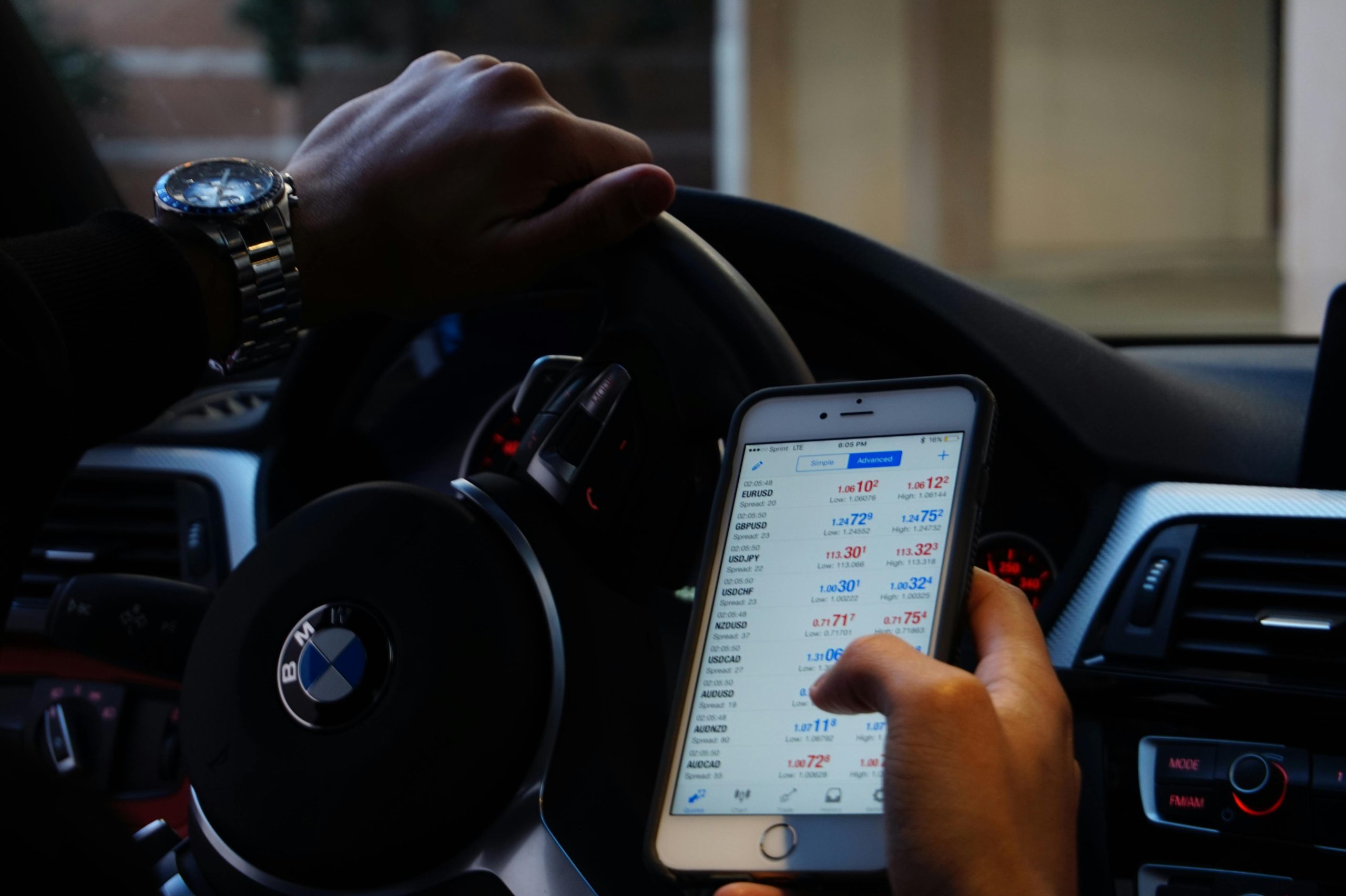Deciding whether to accept a buyback payment and get a salvage title involves weighing several factors. First, understand what it means for your car to have a salvage title. Once a vehicle is deemed a total loss, it means the cost of repairing it exceeds its value. A salvage title signals that a car has been significantly damaged or deemed a total loss by an insurer, which can impact insurability and resale value.
If you choose to accept the buyback option, the insurance company will pay you the vehicle’s pre-accident value minus its salvage value. Then you’d take possession of the car with a salvage title. Consider the following factors as you make your decision:
Repair Costs: Determine if you can repair the car yourself at a lower cost than the value you’ll receive. Keep in mind the safety and reliability of a repaired vehicle.
Intended Use: If you’re planning to use the car for yourself and are knowledgeable about repairs, it might make sense. However, if you aim to resell, know that buyers will be wary of a salvage title.
Insurance: Insuring a salvage title can be difficult and more expensive. Some companies may refuse coverage or not offer comprehensive insurance.
Resale Value: Even if repaired to road-worthy condition, a salvage title greatly diminishes resale value.
State Laws: Regulations about salvage titles vary by state, affecting what’s required for re-registering and using the vehicle.
Weigh these considerations, consult a mechanic for repair estimates, and perhaps discuss with legal or insurance professionals to understand specific implications in your region. Ultimately, your decision should align with both your financial situation and your comfort level with the risks involved in owning a salvage-titled vehicle.



